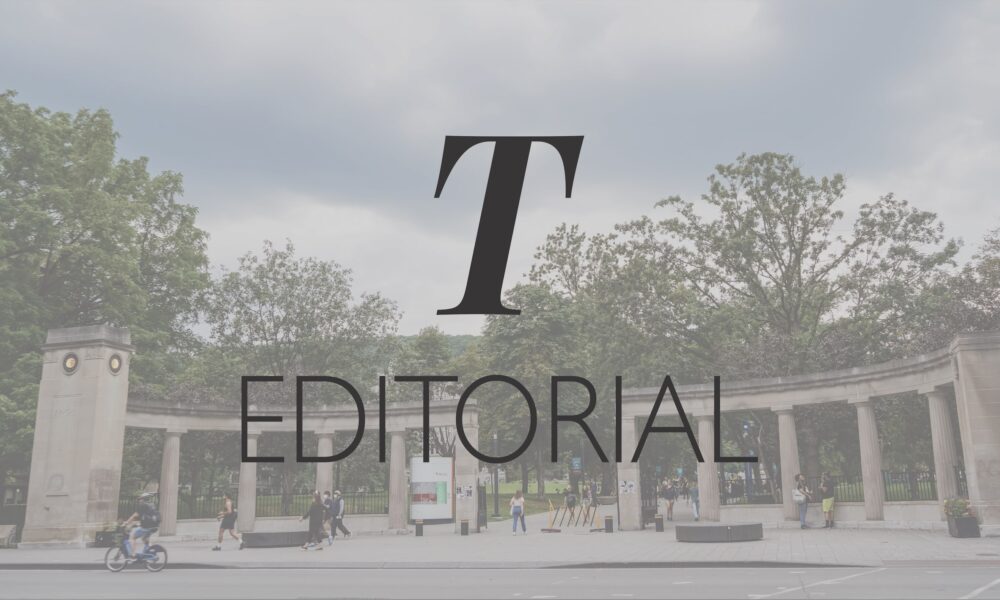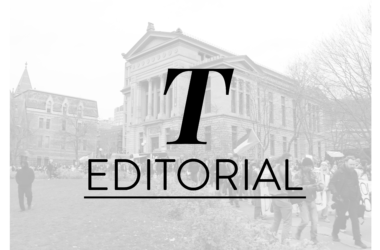Last week, an investigative report by Journal Métro revealed that churches across several Christian denominations in Montreal were enacting sexual orientation change efforts (SOCEs) for 2SLGBTQIA+ people, a practice more commonly known as conversion therapy. Although it was officially criminalized by federal law last year, these churches perpetuate the psychologically harmful, abusive, and traumatic practice behind closed doors. During Journal Métro’s investigation, an email warning of journalists’ undercover infiltration was sent to over 100 churches, indicating the pervasiveness of SOCEs in Montreal churches and the active collaboration to protect the cult of secrecy that surrounds them.
These “therapies,” which at times resemble exorcisms, find their roots relatively recently in the 19th century and reflect the remains of various Christian churches’ ongoing attempts to exert power and control over people. By brainwashing mostly young, and often vulnerable queer and trans people into thinking their sexual orientation or gender identity is an illness or deformity, these branches of the Christian Church impose and form their ideal vision of a nuclear, heterosexual family.
Quebec has a long history of resistance to religious intervention grounded in laïcité, the separation of the state from religion, and its religious neutrality. But Journal Métro’s investigation exposes the province’s hypocrisy, specifically how the Church relies on covert endorsement from politicians. Bill 21 prohibits the province’s citizens who work in public service from wearing religious symbols on duty, but the persistence of conversion therapies—despite being far more harmful—does not receive the same fervour. And the province’s repeated financial support for transphobic organizations that support SOCEs, such as Pour les Droits des femmes Québec, blatantly proves where its values stand.
Mayor Valérie Plante reacted to the outcome of the investigation with an outraged tweet, demanding that SOCEs be stopped. Yet the municipal government has not offered any concrete solutions. If Montreal wants conversion therapies to “cease immediately,” then action must be taken accordingly. The current federal ban on conversion therapies is not retroactive, indicating that these therapies were acceptable before the law was implemented in 2022, while simultaneously invalidating the trauma of survivors who cannot seek legal redress. When exposed by Journal Métro, the accused churches claimed to have misinterpreted the law, or blamed the provincial government for not making it clear enough.
Under the guise of simple “conversation” or the alternative name of “reparative” therapy, these pseudoscientific conversion practices are still allowed to take place. This problem does not simply exist in a vacuum within antiquated psychological practices or Christian belief systems, but is systemic to the province. Quebec’s health-care system similarly misrepresents queerness and relies on scientifically unsound and homophobic stereotypes, signalling the need for a larger reform of how state institutions approach queer identities. Conversion therapies, even when they don’t bear the name, happen anywhere that an individual is treated as deviant for their sexual orientation or gender identity. Banning SOCEs must be accompanied by not only necessary justice for survivors, but also a dramatic change in the way our institutions approach queer and trans flourishing: By listening to the concerned communities first.
The pro-conversion therapy argument that individuals are free to “seek help” can no longer be accepted. SOCEs imply that a queer identity is something to be healed from, and that one must change their sexual orientation or gender identity instead of challenging the homophobic and transphobic system that invalidates their existence. Criminalizing conversion therapies will not suffice to make internalized oppressions disappear. Queer and trans people need representation, life and joy, and resistance.
As institutions like McGill are burgeoning with young students still exploring their identities, universities can play a key role in changing the harmful biologically essentialist and heteronormative codes of today’s society. One concrete way is to increase funding for the Gender, Sexuality, Feminist, and Social Justice Studies department. McGill must also acknowledge the existence of SOCEs in Montreal and take a clear stance against bigotry, as the general ignorance about Montreal’s conversion therapies only perpetuates their existence. Spreading the word about Journal Métro’s investigation and shining light on the risks taken by their journalists will be essential in finally putting an end to the continuous invalidation of queer and trans people’s humanity.





